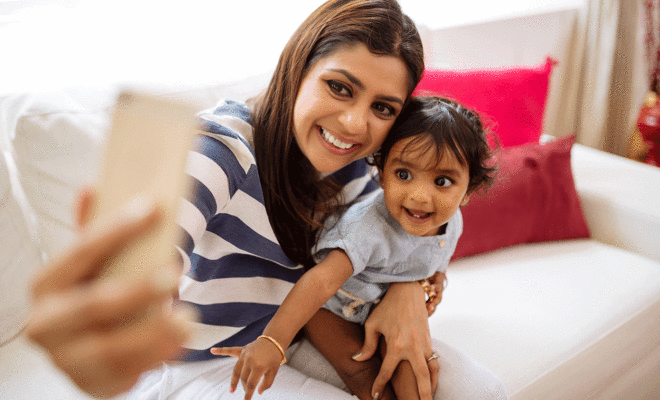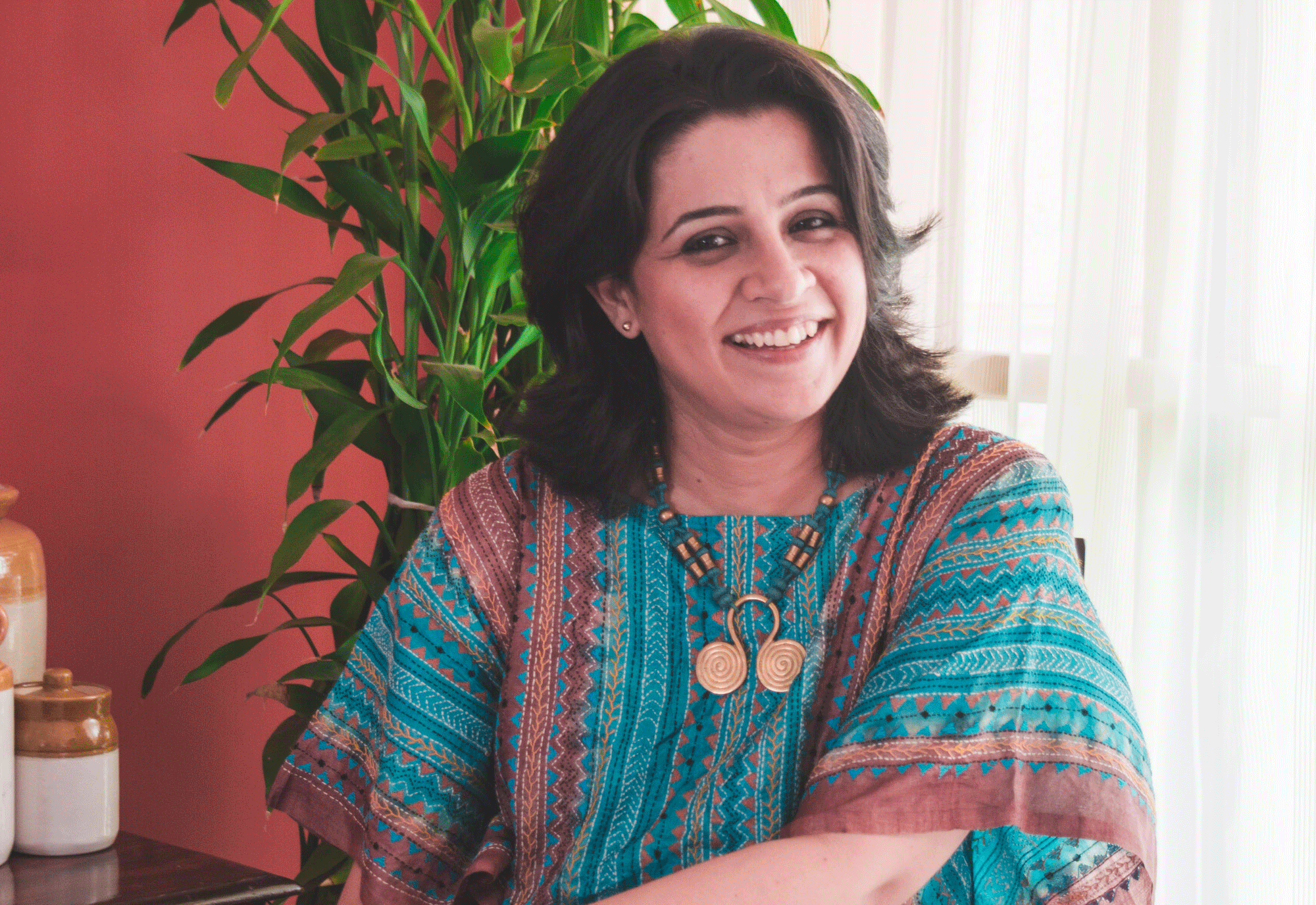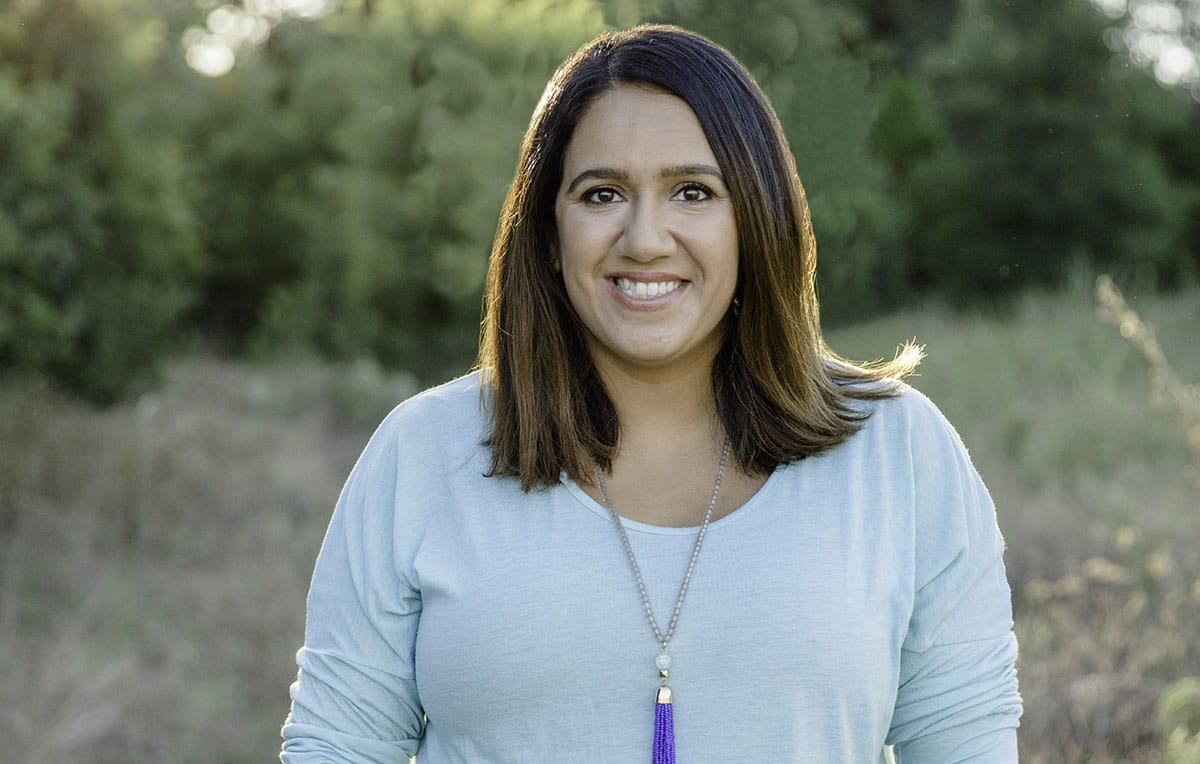Life
Sharenting: Parenting Version 2.0

As social media overwhelms all aspects of our life, parents have resorted to “sharenting” everything from their child’s walk in the park to their grades in school.
When you are browsing your Facebook feed, chances are pictures posted by your cousin of her kids’ first day at school may greet you. If you have greater patience, you will discover your childhood friend’s post flaunting the master breakfast she cooked for her kids this morning. If sandwich served with a sauce spread in a smiley face pattern doesn’t really impress you, just wait. That new mom, down the street may be sharing her kids’ first smile, first step or well, first potty success!
As social media overwhelms all aspects of our life, parents have resorted to “sharenting” everything from their child’s walk in the park to their grades in school.
Sharenting is a neologism, drawn from sharing and parenting, for the practice many parents have resorted to of sharing every tiny detail of their kids on social media. The word has found a place in Collins dictionary, which defines it as the habitual use of sharing news or images of one’s children on social media.
In the United States, according to a survey conducted by the online security firm AVG, 81 percent of children under the age of 2 have a digital profile and 92 percent of American children have an online presence. Another report by Ofcom in the United Kingdom found that 52 percent of parents who share their kids’ activities said that their children are pleased that they do so and 84 percent maintained that they only share information their kids would approve.
Over-sharing of information about kids is particularly common in the West and the first digital footprint of a child often appears as a hazy blob in ultrasonography. But in a new and ever-growing trend of sorts, increasing numbers of Indian parents, both in India and abroad, are sharing aspects of parenting and child rearing that were earlier only discussed amongst close family members.
In recent years, tomes have been written about millennial parenting. We are now living in a world where everything from our kitchen cabinets to our baby bassinets need to be photo-ready to be uploaded on Facebook. Intriguingly enough, Indian mums who might earlier have been shy about sharing even the fact that their kids were uncomplicated eaters, now only too happily Instagram their perfectly-plated baby platters.

Ruchita Dar Shah: “When I moved to the US, back in 2007-08, one of the things I realized was that desi moms were far more cautious about sharing anything. But then social media was nothing what it is now.”
Ruchita Dar Shah, who started an online moms community, called The First Moms’ Club, which has close to 58,000 members from all over the globe, says that in recent years attitudes of Indian moms have changed drastically: “When I moved to the U.S., back in 2007-08, one of the things I realized was that desi moms were far more cautious about sharing anything. But then social media was nothing what it is now.”
Dar Shah concedes, however, that Indians bound by cultural taboos may still be reluctant about sharing real parenting issues: “I remember that an old aunt of mine would tell me don’t let anyone know that your kid eats well or drinks two bottles of milk at once. She would say ‘nazar lag jayegi.’ On the contrary, an American mom wouldn’t shy away from sharing how her kids eat a ton of fruits.’’
For all the opening up, Dar Shah says, Indian and Indian American moms are still cagey about sharing things considered taboo: “Desi moms by nature are a little superstitious and even if we aren’t, we are still surrounded by aunts, in-laws or families that have a major say in our lives.”
She adds: “Somebody I know, an Indian American mom, never posts pictures on social media, not because she feels that it isn’t safe or it would land up with an online pervert, but because she feels that every time she shared a cute picture online of her daughters, they would fall sick. Thus re-enforcing the concept of nazar.”

Naya Weber: “I feel that Indian moms are a little more hesitant to share as much about parenting.”
Austin, Texas, based Naya Weber, who runs the blog Lactivist with Louboutins, in which she shares her journey of breastfeeding, motherhood and everything in between that comes with being a mom of two, concurs that many Indian moms are apprehensive about publicity: “I feel that Indian moms are a little more hesitant to share as much about parenting. I think part of this has to do with Indian families having a lot of influence from older generations, grandparents, great aunts and uncles, etc. on raising a family. The guidance they receive from family may be enough for them to not share as much as others.”
Talking about her own experiences she says: “My blog was created back in April 2011. I started it as a way to document my journey into motherhood following the birth of my oldest child.” But she admits, “The only apprehension was sharing a lot of information about my kids, specifically a lot of their photos or other specifics about them.”
On the other hand, many other Indian American moms have been influenced by Western thoughts and mannerisms.
Chicago based Seema Singh says: “I had my second baby here in the U.S. By virtue of being here, we have adopted so many things for our second round of parenting that we never did, the first time around.”
She explains: “While in India, we never felt the need of a baby monitor, but for our second baby we invested in one. Also with our second child we stopped co-sleeping much earlier than our first one. So, I would say the prevailing customs of a place do shape how you react and same may apply to social media sharing too.”
Indian American moms using social media to show off their parenting may be a sign of the times, but psychologist Pulkit Sharma warns that it often is driven by peer pressure: “A lot of moms are competing with each other to prove that their kids or their techniques are the best.”
Dar Shah concurs: “Most Indians anyway loved highlighting their kids’ achievements. Earlier they just didn’t have social media to do it. Also, we parents are smart, we only share bits and pieces that make us look good. Majority of us do not share our woes.”
But that may be changing too. Weber says: “I do feel Indians are becoming more forthcoming. I think it is because they want to be as honest with their readers/followers as possible. Showing all aspects of life, not just the perfectly curated squares on Instagram, helps others relate to them.”
Many parents admit that social media has become unavoidable and many even consider it unobtrusive. The way they share information may vary, but almost all are sharing anyway. Amusingly though, while Indians moms in the West desire to join online mommy groups in India to be clued into traditions and customs, even as those back home are increasingly letting go of them.
Dar Shah who moved to Mumbai from Stamford, Connecticut, says: “I don’t think we ever leave our Indianess behind. I find Indian moms living in Indian metros are far more modern than Indian moms abroad. It may be because when you are abroad, it is the things like rituals, customs or even concepts, such as nazar, are the things that make us feel Indian. I observe that many NRI moms go out of their way to keep their kids connected to Indian traditions.”
She adds, “And may be I understand it as I have been both. So when I lived abroad I made it a point to celebrate all our festivals traditionally, but now that I am in India, I am okay running away for a beach holiday and not celebrating each and every day of Diwali.”




You must be logged in to post a comment Login